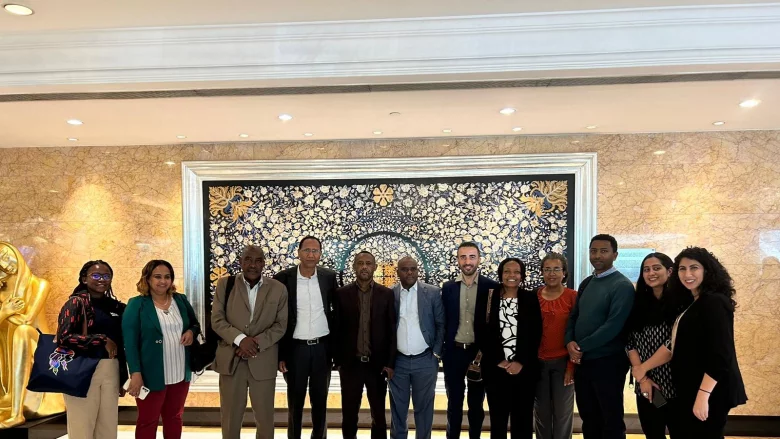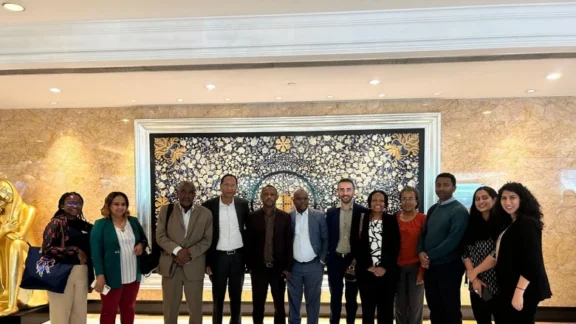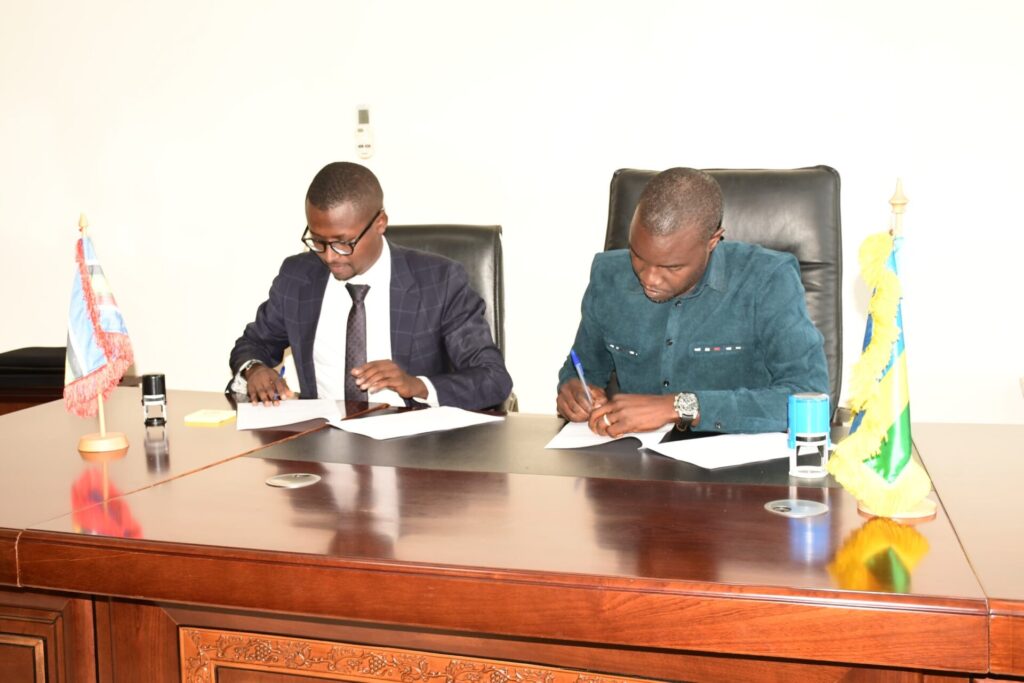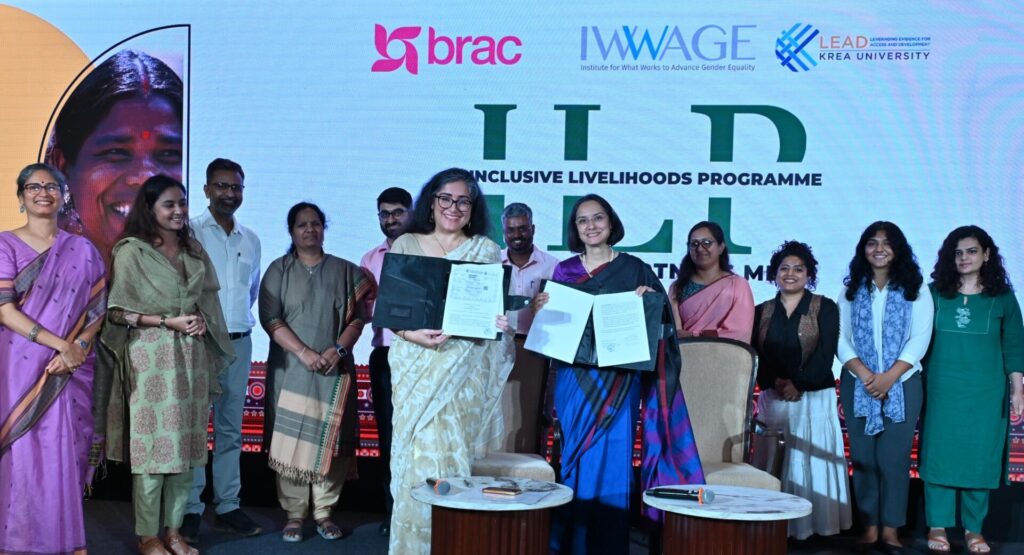The World Bank Group originally published this feature story on November 11, 2024.
By Rasha Natour, Senior Specialist, Policy and Partnerships, BRAC’s Ultra-Poor Graduation Initiative
The number of people living in extreme poverty continues to be alarming and disheartening. The World Bank estimates that around one person in 10, or 700 million people, live in extreme poverty —a number that will likely increase due to ongoing threats of climate change, conflict, and inequality. Yet, in face of these grim numbers, there are proven solutions and promising partnerships that provide hope for a future free of extreme poverty.
BRAC and the World Bank facilitated a recent visit between the Government of Bihar, India and the Government of Ethiopia for the governments to exchange learning on adapting and scaling BRAC’s Graduation approach. This sequenced, adaptive approach provides participants experiencing extreme poverty with support to meet basic needs; a productive asset to support income-generating activities; and coaching to unlock agency, know-how, and hope. Rigorous evidence from dozens of contexts suggests that this kind of “big push” approach could enable hundreds of millions to escape poverty, empower families, and create lasting benefits for future generations.
The Graduation approach was founded in 2002 in Bangladesh and has evolved into a globally-adopted program with over 100 programs in nearly 50 countries implemented by civil society actors, development partners, and governments.
The State of Bihar in India is home to the world’s largest government-led Graduation program, JEEViKA’s Satat Jeevikoparjan Yojana (SJY), which has reached more than 185,000 households – nearly 1 million people – to date, with plans to reach millions more. The program exemplifies how governments can scale evidence-based innovations, and many are eager to learn how to adapt and scale the Graduation approach in their own contexts. To promote South-South government exchange around JEEViKA’s program, BRAC partnered with the Government of Bihar to launch the Immersion and Learning Exchange Program and host governments and partners to drive cross-learning.
Recently, a government delegation from Ethiopia visited and held rich discussions with the Bihar government, SJY implementing staff, program participants, and community members. The visit showcased the unique potential of collaborating across governments, civil society, and multilateral institutions to prioritize those furthest behind.





